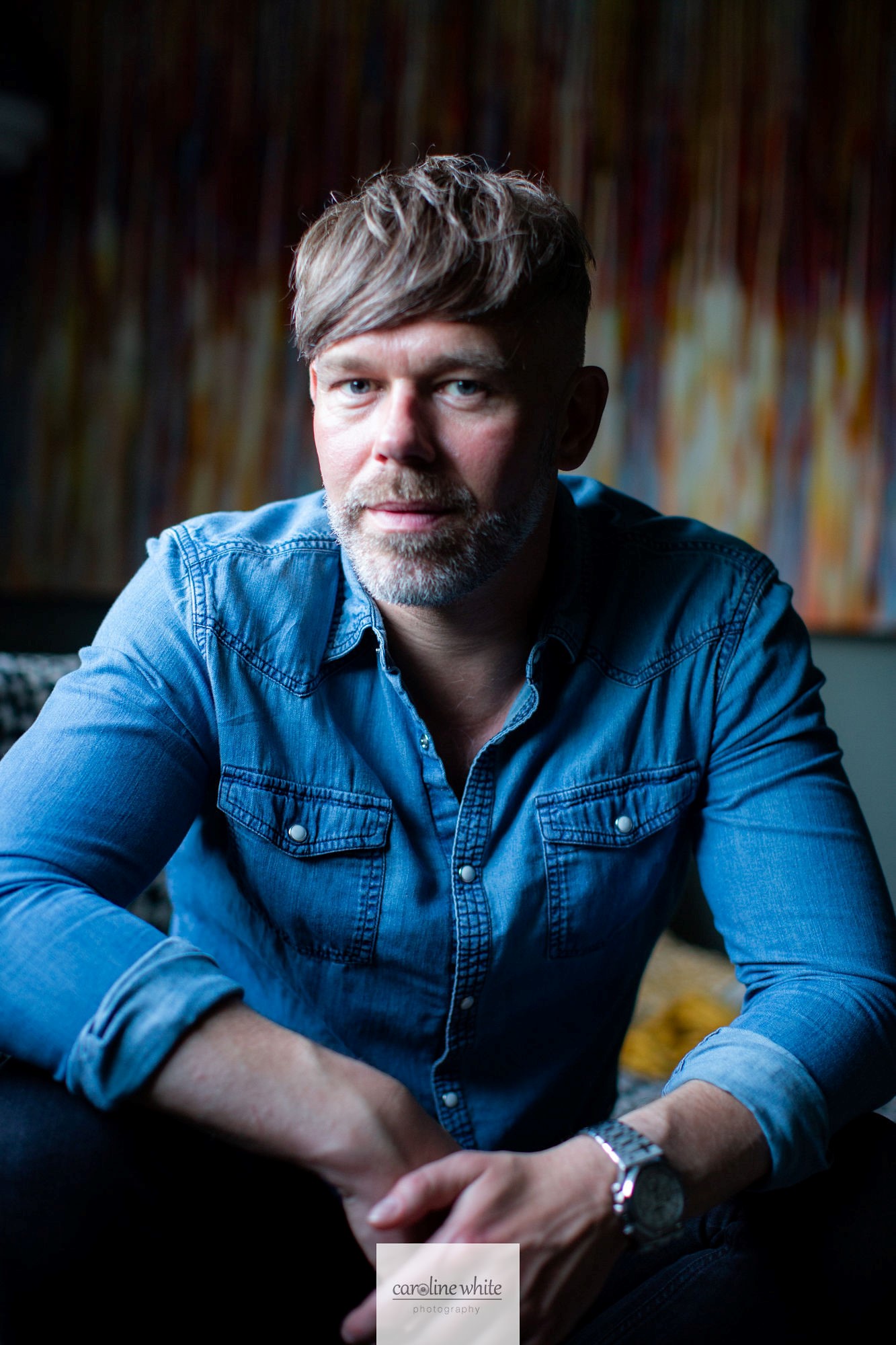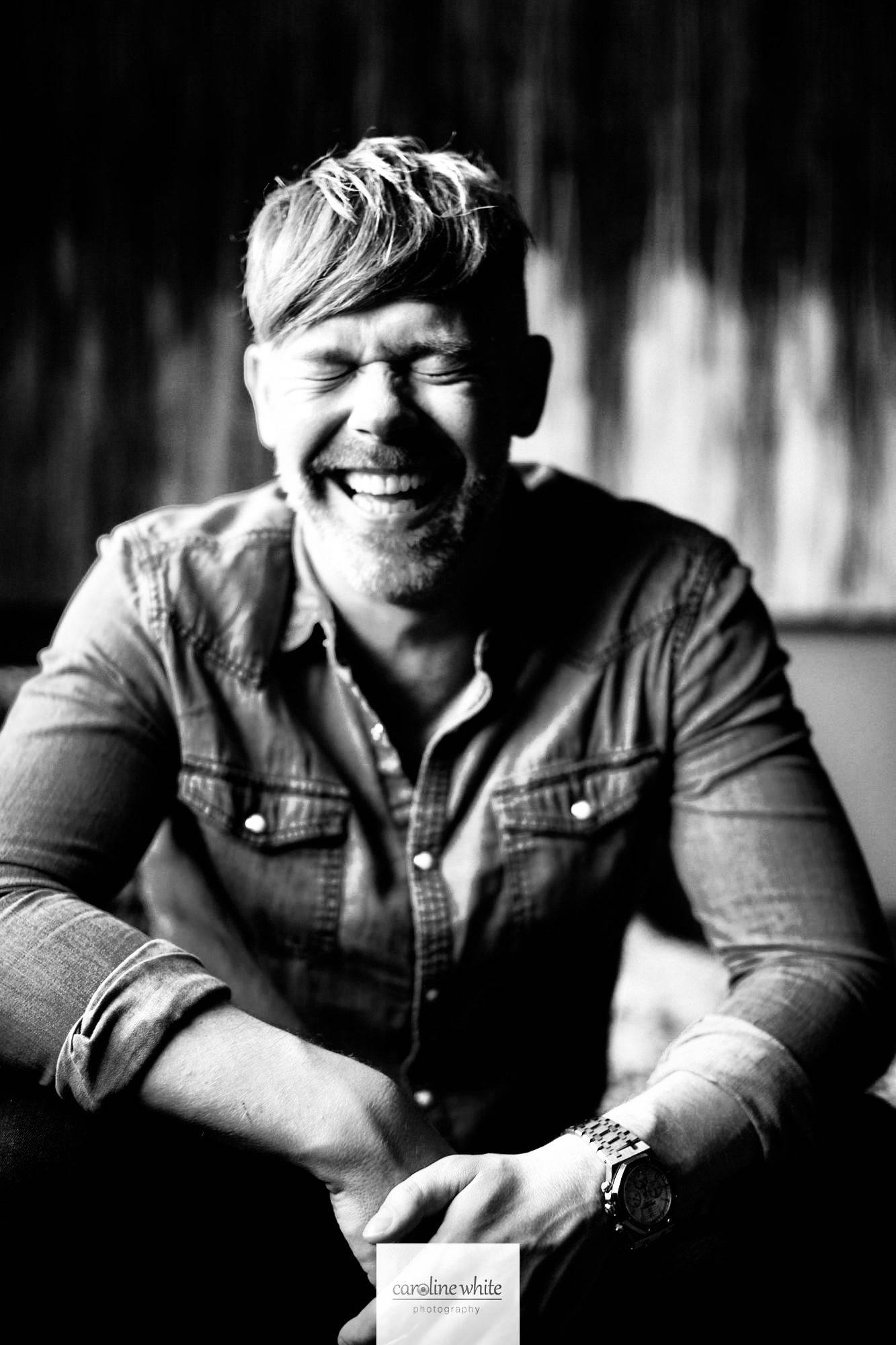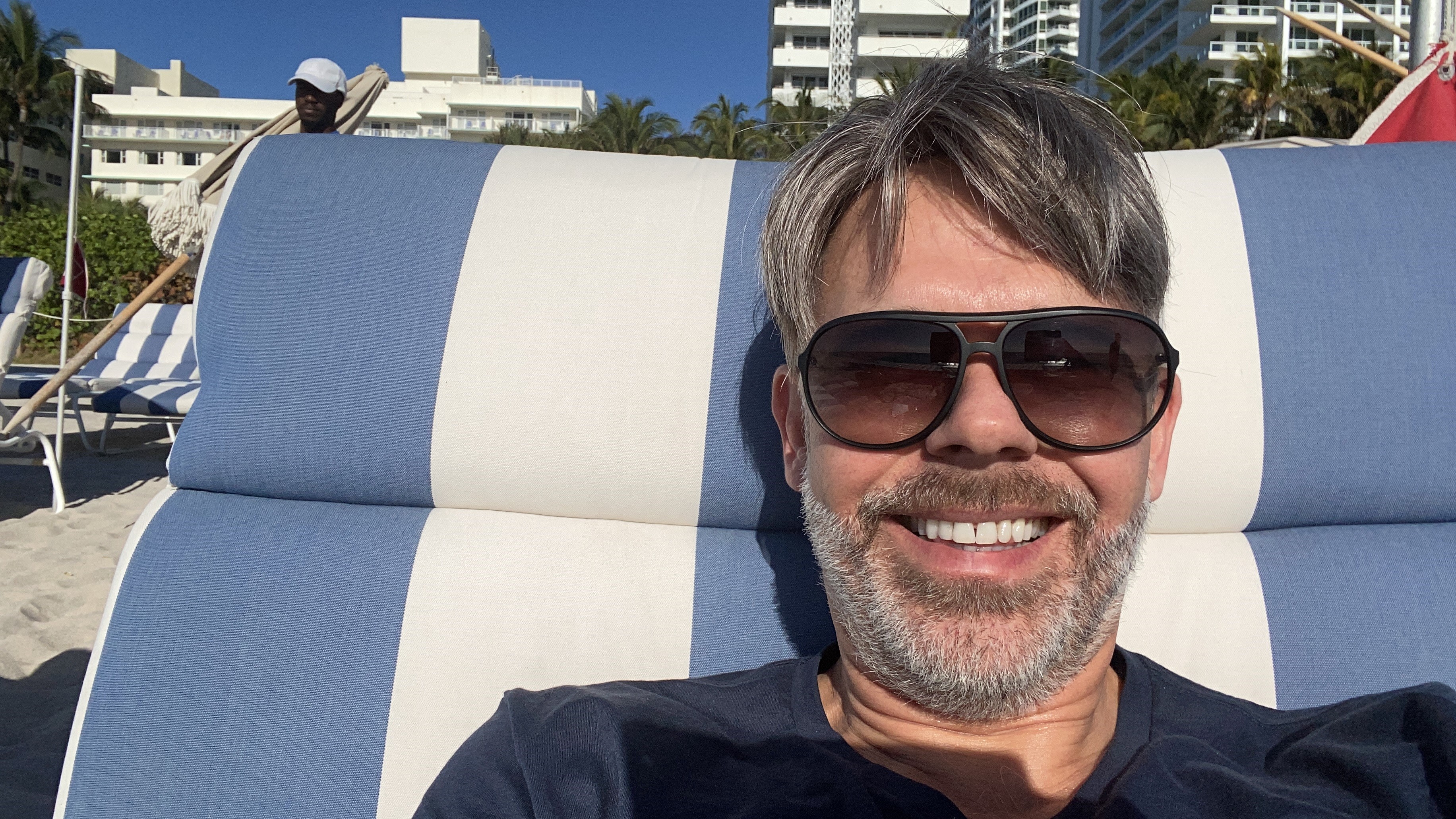The RS Group’s Jordan Barry: ‘Inclusive culture starts with leaders demonstrating the right behaviours’
In partnership with myGwork.

Pictures: Provided
RS Group’s Jordan Barry tells myGwork’s Pepi Sappal how he helps leaders to promote inclusion and create a culture and environment.
Thanks to his various awards and strong track record in supporting CEOs to transform organisational performance, Jordan Barry was recently headhunted by RS Group to help make culture their greatest differentiator and motivate their 7,500-strong staff worldwide to jump out of bed and get to work every morning as part of his new global HR role as Chief People and Culture Officer.

Creating inclusive cultures where people can completely be themselves has always been Jordan’s passion. But he admits that it’s actually pretty hard to achieve as it often requires a complete reset of behaviours, particularly around the top table.
Yet it’s a must-have attribute for any aspiring top performing organisation, “because good or bad, as leaders and employees, culture defines everything we do,” highlights Jordan.
“The culture of an organisation determines how employees feel about coming to work and whether or not they are happy, engaged, and clear about what they’re doing and why. A great culture drives great business performance.
The role at RS Group is Jordan’s second full-time gig back at a company after spending much of the last decade as a disruptive consultant and executive HR trouble shooter.
He started his people career at Shell, which he describes as “one of the best organisations in the world.” After six years, he became more turned on by the idea of fixing things. “So I spent the next ten years or so of my career as an HR trouble shooter, working across a variety of industries and sectors, ranging from private equity to not-for-profit.”
After honing his HR skills in the C-suite for organisations like Tesco Bank, Money Mart Financial Services, and the Motor Insurers’ Bureau, Jordan talks candidly about his reasons for spending a chunk of his earlier career as a freelance consultant, rather than a permanent member of staff.
“Because HR can often be so traditional and transactional, I have often felt like a square peg in a round hole,” he explains. “But working as a consultant granted me a much broader licence to operate, in a style that felt much more authentic to me – to be challenging and straight talking, whilst avoiding the internal politics.”

As a self-employed HR influencer, he was able to take large companies by the horns to really shake things up and make change happen.
“I’ve done my fair share of broken gigs, where the starting point is the absolute inverse of where you need to get to, but that’s all part of the fun. My career has been so rewarding; I’ve loved every minute. Often, leaders don’t know what they don’t know until you open their eyes to a new way of doing things, ways that make them more impactful and successful,” he continues.
Throughout his consultancy career, he spent a lot of time coaching leaders “to be more authentic, which in turn generates followship and enables them to create a team or organisation culture that is inclusive; where people can show up as themselves, regardless of who they are or what they believe in and without fear of judgement or discrimination. Get that right and the performance and profits take care of themselves. It’s really that simple.”
Jordan’s time as a freelance trouble shooter definitely helped to fine-tune his art as a disruptive HR influencer.
“We have all of these preconceived ideologies of what great leadership looks like but actually good leadership boils down to how well you connect with people. It’s about being human and being conscious of how you engage and speak to people. You have to lead by example.”
He compares good leaders to every child’s favourite teacher: “If we think back to our childhood experience at school, we all remember that one teacher who really connected with us, the one who really got us and took the time to get to know us as an individual. And by virtue of that genuine connection, my guess is that you probably did your best work for that teacher and that their subject became one you excelled at. Leadership is no different. Get to know your people and make it your business to understand what they need and what makes them tick. It’s how you create an inclusive culture, where people feel valued.”
Over the past few years, Jordan has basically been teaching leaders how to form lasting, authentic human connections.
“If ever you want to change the culture and performance of an organisation, aside from getting the behaviours round the top table right, focus on the quality of your front-line managers. It is through them that the majority of an organisation’s workforce experience its culture,” he explains.
“That means equipping leaders with the requisite skills and behaviours to connect with their people. In most businesses, that’s where I tend to start.”
He also reminds leaders of the privilege and responsibilities that come with being a good leader: “Privilege is something we often forget, but as a leader, the responsibility for others is not something to be taken for granted. It’s a bit like parenting. Anyone can be a parent, but the impact of those who do it well versus those that don’t is visible for all to see. Leadership is no different.”
Jordan admits that to achieve the desired results, he’s had to be more brutal in some organisations than others but in his experience, the most common indicator of leadership capability is not intellect, rather an individual’s level of emotional intelligence and their ability to relate to others.
“Inclusive culture starts with leaders demonstrating the right behaviours. But in the corporate environment, it always surprises me just how often that aspect gets completely overlooked,” he shares.
“There’s obviously a whole heap of stuff I can do behind the scenes to achieve that, from engagement tools right the way through to incentives that link to behaviours. But you have to take an organisation on a journey and introduce things at a rate of sophistication that leaders can absorb. It can’t be forced.”

Since joining the executive team at RS Group, Jordan is not only the youngest person in the room, he is also the only openly gay member of the Executive Committee.
He thinks it’s really sad that so many leaders still feel like they can’t be out at work for fear that it will impact their career in some way.
“But I firmly believe that change is afoot, as more baby boomers roll off executive committees and younger generations take their place. While most of us will have experienced the frustrations and limitations of our own generational norms, you only need to look at the millennials and Gen Z to see how quickly things are changing. Their view of the world is completely different, especially on issues like ethnicity, disability and sexuality,” he notes.
“For example, I accompanied a friend to pick up her son from his first day at secondary school a few months ago. He ran out and said Uncle Jordan, you’d never guess, but there are six people in my year who are out,” he recalled. “Not only was that wonderful to hear, but the polar opposite of my own experience of school, just thirty years earlier. For me it really spelled progress.”
Things have definitely changed a lot since his youth, when Jordan was bullied at school simply for his sexuality and daring to be different. His “fighting spirit”, which he attributes to his mum (who was a single parent and raised him and his younger brother in rural Lancashire), got him through those early years and gave him the confidence to be himself, shape a successful career and become an authentic leader.
He’s also doing his part to be a role model for other leaders and upcoming generations to follow. As well as coaching the next generation of LGBTQ+ talent at RS Group, Jordan is also a trustee for The Proud Trust, an LGBTQ+ charity that supports young people through youth groups, peer support, mentoring programmes, and the Proud Connections’ chat service.
“My role, as the most senior gay person in this business, is to be a role model and practise what I preach by showing up as myself every day and supporting our leaders to create a culture where people feel comfortable to do the same,” he shares.
Of course, his sexuality doesn’t define him either, he adds. “People are more than one or two aspects of diversity, so whether or not you have a disability or are neurodiverse, and regardless of how you identify, we want to do our best to create that work environment where employees feel that they belong and feel proud and excited to come to work.”
Jordan is aware that this is an ambitious undertaking. But he’s not someone who shies away from difficult tasks. In fact, he wants to move away from labels and siloed conversations to more intersectional ones “despite some people still resisting integration or being open to viewing things differently, which is usually the case especially if they have been a victim of say LGBTQ+ hate crime or racism,” he highlights.
He has already rolled up his sleeves and started to work on that, as well as finding the “common denominator(s) that will motivate staff worldwide to jump out of bed every morning to fulfill RS Group’s organisational purpose of ‘Making Amazing Happen For A Better World’.”
On a more personal note, in July this year, he will be marrying the man of his dreams. In short, Jordan is looking forward to a busy and testing, yet exciting year ahead, both professionally and personally.
RS Group is a proud partner of myGwork, the LGBTQ+ business community.
